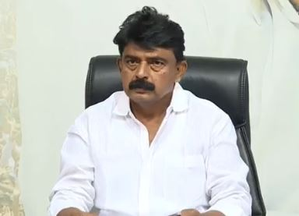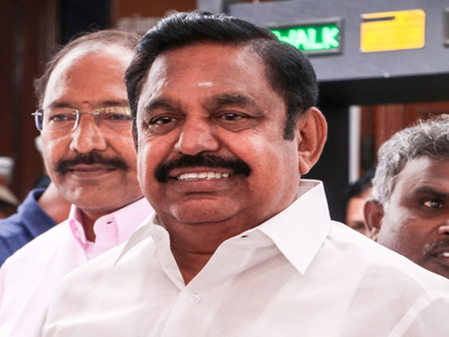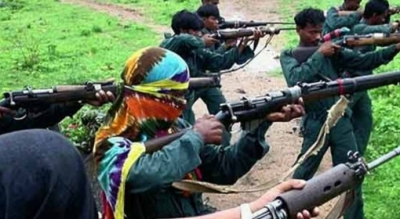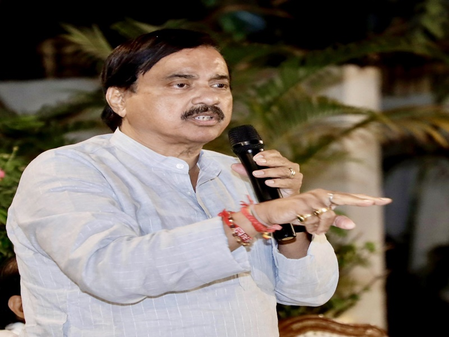
New Delhi, Sep 17 (IANS) ‘The Four Attempts on Narendra Modi’s Life’, a book authored by Binay Kumar Singh, was unveiled in the national capital on Tuesday, coinciding with Prime Minister Modi’s birthday.
The book provides a detailed account of four assassination attempts on the life of Prime Minister Modi.
The book launch event was marked by key insights into these plots, as well as discussions on broader issues such as terrorism, Maoist insurgency, and the role of Hindutva in Indian society.
Interacting with IANS, Singh said that three of the assassination attempts on Prime Minister Modi were confirmed by court rulings, while the fourth was revealed during the Bhima Koregaon investigation, which unearthed a 15,000-page charge sheet.
“The book authentically recounts these attempts and sheds light on the evolving nature of terrorism and Naxalism,” he said.
He also raised concerns about statements made by Congress leader Rahul Gandhi abroad, suggesting that some of these remarks echoed Maoist documents from 2007 — a connection he explores in his book.
“The form of terrorism and Naxalism is changing. The most worrying thing is that Rahul Gandhi goes on foreign tours and talks about caste and other issues there. His activities are matching with the documents of Naxalites. This has also been mentioned in the book,” Singh said.
He further said, “The Shah Bano case was politically motivated, such cases make the society more victimised… Society benefits only when the government is vigilant and reaches every door. The current government under Narendra Modi is providing electricity, health services, and other facilities without discrimination. This is real development.”
During the event, Singh discussed judicial rulings related to assassination attempts on Prime Minister Modi, mentioning that those involved in the 2013 Patna rally plot were sentenced to life imprisonment after an initial death sentence. Similarly, he referenced the 2022 Ahmedabad court judgment, which confirmed a plot to kill the Prime Minister during an event in Gujarat.
The author also differentiated between what he termed “bullet terrorism” and “intellectual terrorism”, citing the Ishrat Jahan case as an example of the former, while labelling the accompanying narrative against Prime Minister Modi as the latter.
JNU Professor Dr Pravesh Kumar, who also spoke at the event, emphasised the importance of Hindutva in Indian culture. “A message should go out from JNU that it stands with Hindutva, which embodies non-violence, peace, and brotherhood,” he said, adding that the book addresses many false accusations and propaganda made against Prime Minister Modi over the years.
The event attracted significant attention, with discussions underscoring both the threats Prime Minister Modi has faced and his government’s focus on inclusive development.
—IANS
sha/




